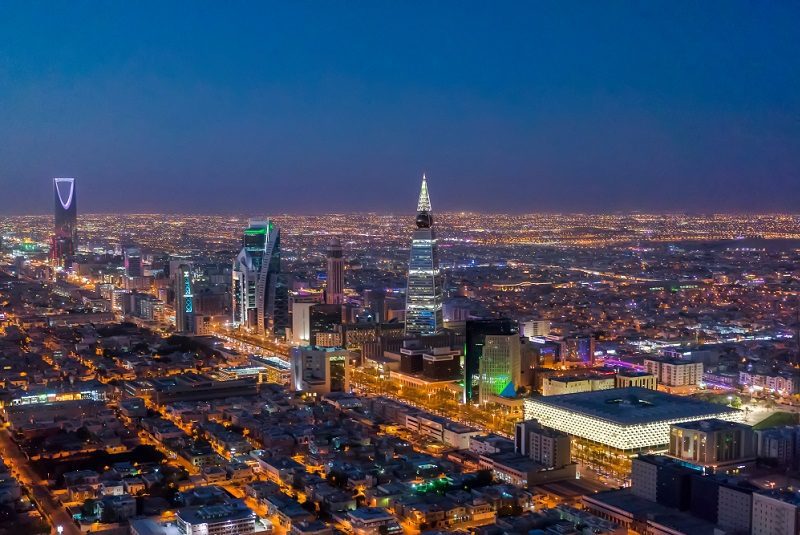5
Facility management serves various sectors, each with unique needs and requirements. Here’s a breakdown of how facility management applies to different sectors, including residential, industrial, and more:
Table of Contents
1. Residential Facility Management
- Apartment Buildings: Managing maintenance, security, landscaping, and common areas for apartment complexes.
- Gated Communities: Overseeing security, amenities (e.g., pools, gyms), and resident services in closed residential communities.
- Condominiums: Managing shared services like elevators, parking, and maintenance in multi-unit buildings.
- Student Housing: Providing maintenance, security, and housing management for dormitories and student accommodations.
- Senior Living Facilities: Managing health and safety protocols, maintenance, and well-being services for residents in assisted living and retirement homes.
2. Industrial Facility Management
- Manufacturing Plants: Managing large-scale equipment, maintaining operational efficiency, and ensuring compliance with safety regulations.
- Warehouses and Distribution Centers: Optimizing logistics, space utilization, and handling environmental controls (e.g., refrigeration).
- Energy and Utility Plants: Overseeing power generation, water treatment, and renewable energy installations to ensure continuous operation.
- Logistics Centers: Managing transportation fleets, loading docks, and storage facilities to ensure smooth distribution.
3. Commercial Facility Management
- Office Buildings: Handling daily operations, maintenance, and services in office spaces, including cleaning, HVAC, and workspace optimization.
- Retail Centers and Malls: Managing lighting, air conditioning, escalators, security, and crowd control to ensure smooth operation.
- Hospitality (Hotels/Resorts): Overseeing housekeeping, guest services, security, and amenities like gyms, pools, and conference facilities.
- Corporate Campuses: Ensuring smooth operations in corporate headquarters, including employee services, security, and maintenance.
4. Healthcare Facility Management
- Hospitals: Managing highly specialized systems like medical gases, sterilization, and operating room environments, alongside general maintenance.
- Clinics and Health Centers: Ensuring compliance with health standards, safety protocols, and maintaining medical equipment.
- Long-Term Care Facilities: Managing resident care environments, safety measures, and service quality in nursing homes or rehabilitation centers.
5. Educational Facility Management
- Schools: Managing classrooms, cafeterias, and playgrounds, ensuring a safe learning environment.
- Universities: Overseeing maintenance, security, and event management for large campuses, which may include dormitories, research facilities, and sports complexes.
- Research Facilities: Handling highly technical maintenance for labs and ensuring compliance with safety regulations in academic research environments.
6. Public and Government Facility Management
- Municipal Buildings: Managing town halls, libraries, and other public buildings, ensuring they remain accessible, secure, and operational.
- Courthouses and Police Stations: Overseeing secure and controlled environments for government functions.
- Military Bases: Ensuring secure, efficient operations of military facilities, which may include barracks, training grounds, and communication centers.
- Transportation Facilities: Managing airports, bus stations, and train stations, with a focus on security, crowd control, and operational efficiency.
7. Hospitality and Entertainment Facility Management
- Hotels and Resorts: Handling guest services, event spaces, pools, restaurants, and spa facilities.
- Event Venues (Arenas, Stadiums): Managing crowd control, facility cleanliness, and safety for concerts, sports events, and other large gatherings.
- Cultural Sites and Museums: Preserving historical and cultural artifacts while managing visitor services and ensuring security.
8. Retail Facility Management
- Shopping Malls: Managing tenant spaces, ensuring efficient HVAC, escalators, and lighting, and providing security and customer services.
- Standalone Retail Stores: Overseeing day-to-day operations, store maintenance, and customer experience services.
- Supermarkets: Ensuring refrigeration systems are operational, maintaining the cleanliness and safety of high-traffic areas, and overseeing supply chain logistics.
9. Data Centers and IT Facilities
- Data Centers: Managing the physical infrastructure that houses servers and networking equipment, ensuring systems remain cool, secure, and operational 24/7.
- IT Support Facilities: Ensuring that computer labs, technical support areas, and server rooms are maintained for optimal operation.
Key Focus Areas: Critical infrastructure maintenance, security, climate control, energy management.
10. Recreational and Sports Facilities
- Gyms and Fitness Centers: Managing workout equipment, locker rooms, and overall hygiene to create a comfortable environment for users.
- Sports Stadiums: Overseeing the maintenance of fields, seating areas, lighting, and crowd control during events.
- Parks and Recreation Centers: Maintaining grounds, playgrounds, sports fields, and recreational facilities for public use.




